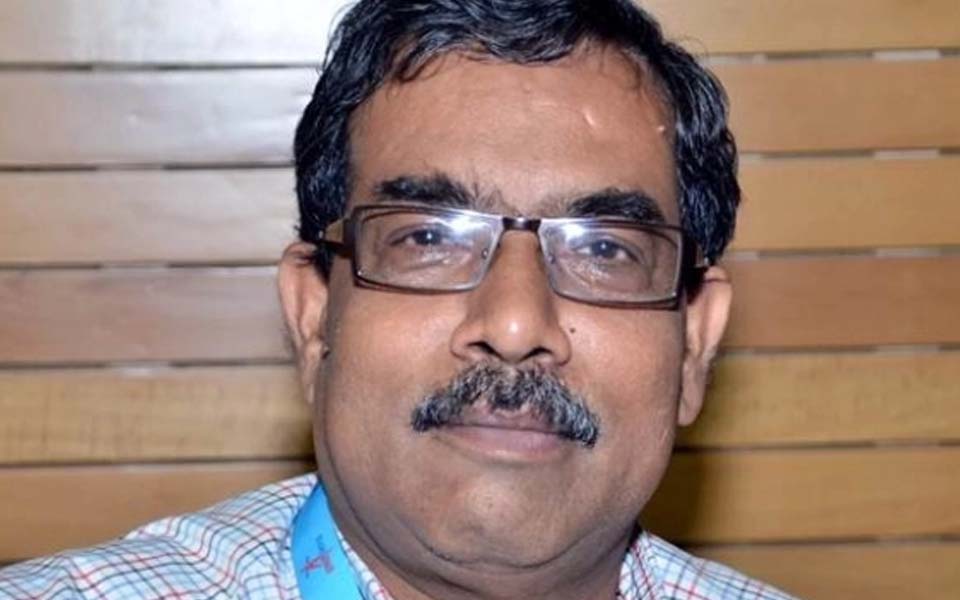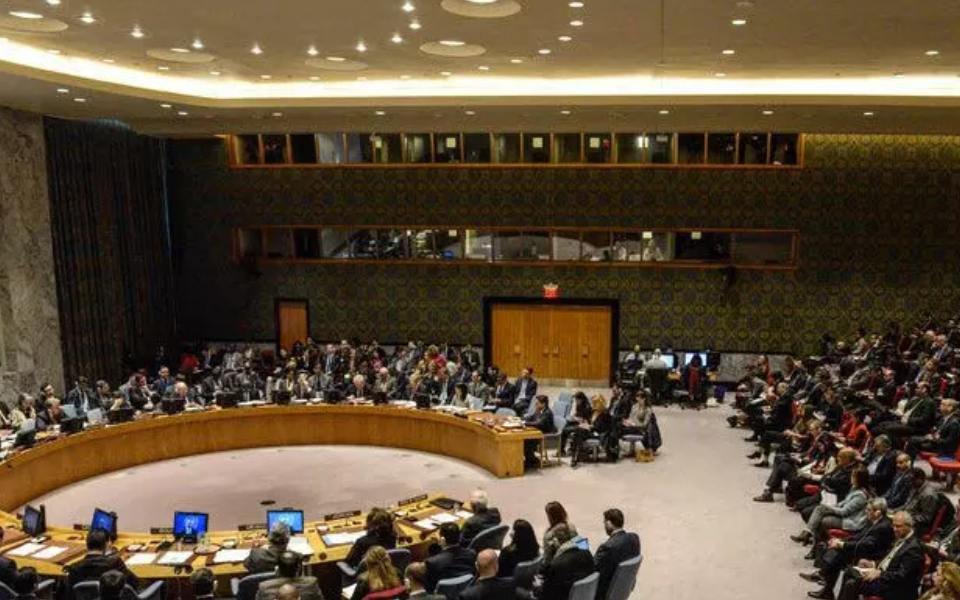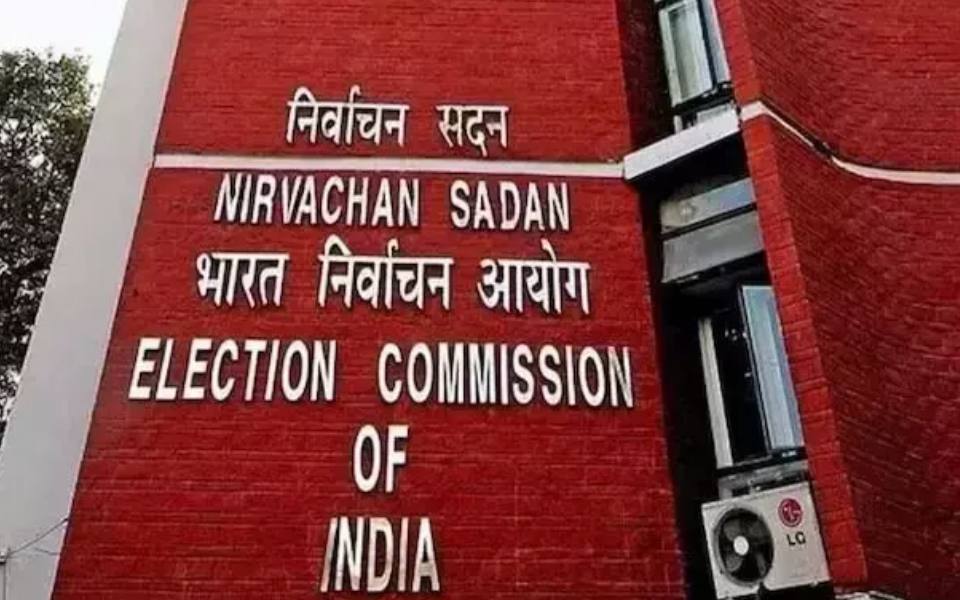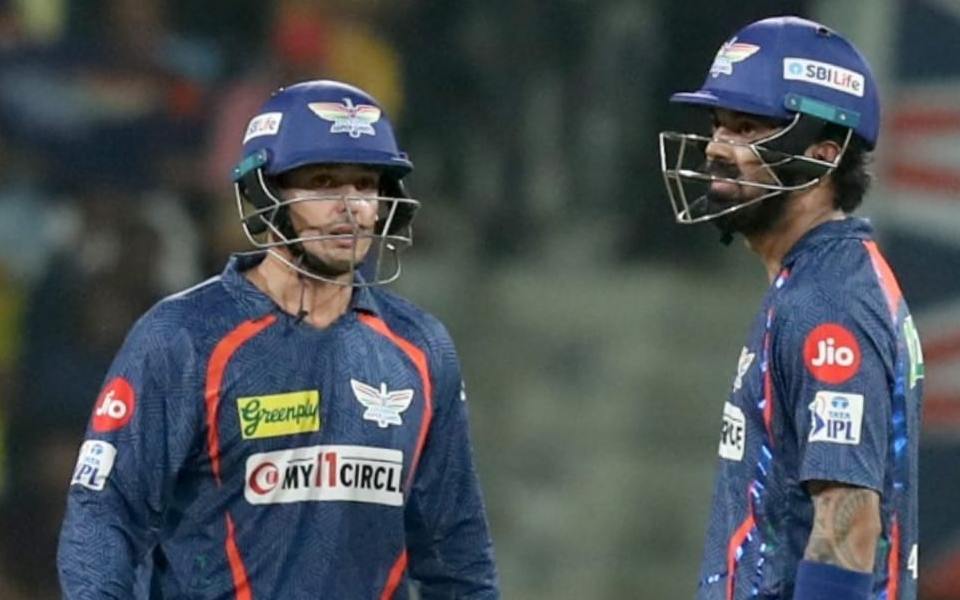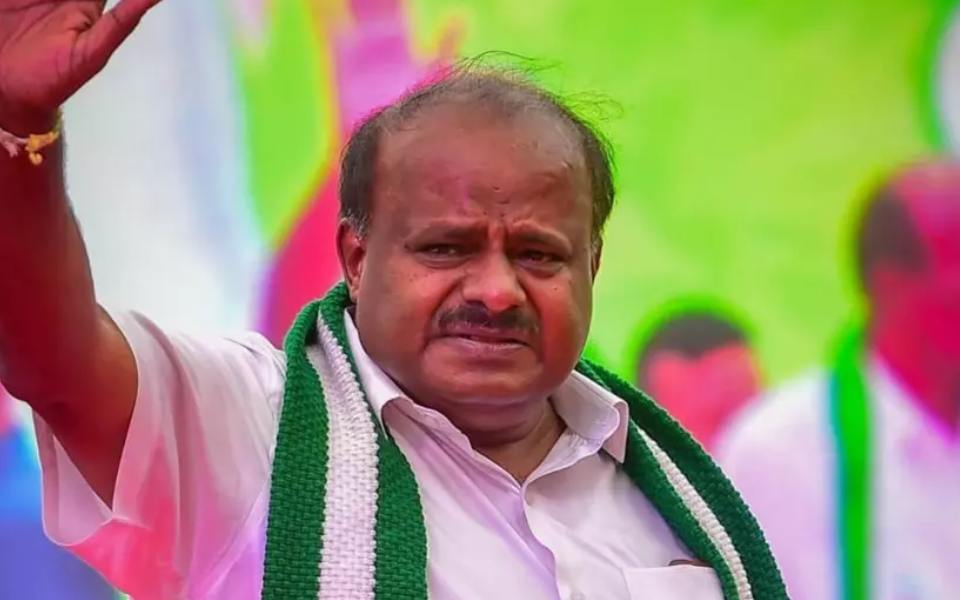Tapan Misra, the former chief of the Space Applications Centre of the Indian Space Research Organisation (ISRO) who was sidelined last year by incumbent chairman K Sivan, has penned a Facebook post tacitly criticising the organisation’s leadership and work culture after the Chandrayaan 2 surface mission failed earlier this month. The post is available to read in full below.
One of Sivan’s first decisions as the new chairman of ISRO, in mid-2018, had been to demote Misra from directorship of the SAC to being the chairman’s advisor, a role that carries no executive authority. Speculation was rife at the time that the decision had been motivated by reasons other than professional conduct – because Misra was opposed to privatisation of the Indian spaceflight programme, because the controversial GSAT-11 mission had become stalled or because of internal politics.
After Misra’s transfer, many scientists from around India penned a letter to the President of India asking him to intervene, although such intervention never came to be.
In his somewhat rambling Facebook post, Misra called attention to ISRO’s top-down working culture and inadequate leadership, particularly in the face of Chandrayaan 2 having failed to execute its surface mission because the lander crashed on the Moon’s surface instead of touching down.
Around the same time Misra’s post was published, Sivan announced that Chandrayaan 2 had in fact completed 98% of its mission – a surprising claim considering one half of the mission hadn’t been executed and the scientific mission of the other half – the lunar orbiter – has only just begun its minimum lifetime of one year. Sivan had announced shortly after the lander failure on September 7 that the mission was a 95% success, itself a strongly contested number.
Although Misra doesn’t directly name ISRO or Sivan, one potshot he takes in his post is clearly directed at the two (lightly edited for clarity):
Leadership determines the backbone of an institution. All successful institutions have one thing in common: they choose a leader who built some thing new, chose an untrodden path, building a new one. You become a complete leader when you pass through the stages of being ignored and ridiculed for your new ideas, grudgingly accepted when you prove your point by adding value to your institution and society at large, and finally admired for what you built and what you are. Leaders inspire, they do not manage. When you see a sudden spurt in emphasis on adhering to rules, sudden increase in paperwork, frequent meetings, winding discussions, you surely know leadership is becoming a rare material in your institution. Institutions do not evolve with time as they stop innovating. Ultimately, they become living fossils, footnotes in history.
He also writes about an ‘organisational value system’ that may have kept ISRO employees from being able to criticise the work of their superiors, “bossy behaviour” and a greater focus on postmortem analysis than pre-mission testing. In fact, Misra concludes his post saying, “No point in crying when things go wrong” – clearly referring to a crying Sivan being consoled by Prime Minister Narendra Modi around dawn on September 7, after it became clear that Chandrayaan 2’s surface mission had been imperilled.
While ISRO’s public outreach team advertised the Chandrayaan 2 mission on social media platforms with great fanfare until the Mk III rocket carrying it lifted off on July 22, there has been nearly nothing after the events of September 7.
Observers have raised concerns that the failure analysis process could be unduly biased in favour of the organisation considering Sivan’s repeated attempts to paint the mission as a major success. These sentiments are further exacerbated by there being no communiqués other than Sivan’s occasional words to the press.
ISRO has said it will publish the analysis report but hasn’t specified a deadline. The Indian Express quoted an unnamed source on September 18 as saying that the document is almost ready, is currently winding its way through the “proper channels” and will be made available soon.
Read Misra’s post in full:
Courtesy: thewire.in
Let the Truth be known. If you read VB and like VB, please be a VB Supporter and Help us deliver the Truth to one and all.
United Nations, Apr 19: The US has vetoed a resolution in the UN Security Council on the latest Palestinian bid to be granted full membership of the United Nations, an outcome lauded by Israel but criticised by Palestine as “unfair, immoral, and unjustified".
The 15-nation Council voted on a draft resolution Thursday that would have recommended to the 193-member UN General Assembly “that the State of Palestine be admitted to membership in the United Nations.”
The resolution got 12 votes in its favour, with Switzerland and the UK abstaining and the US casting its veto.
To be adopted, the draft resolution required at least nine Council members voting in its favour, with no vetoes by any of its five permanent members - China, France, Russia, the United Kingdom and the United States.
Palestinian attempts for recognition as a full member state began in 2011. Palestine is currently a non-member observer state, a status that was granted in November 2012 by the UN General Assembly.
This status allows Palestine to participate in proceedings of the world body but it cannot vote on resolutions. The only other non-member Observer State at the UN is the Holy See, representing the Vatican.
Israel’s Foreign Minister Israel Katz praised the US for vetoing what he called a “shameful proposal.”
“The proposal to recognise a Palestinian state, more than 6 months after the largest massacre of Jews since the Holocaust and after the sexual crimes and other atrocities committed by Hamas terrorists was a reward for terrorism”, Katz wrote on X, after the US veto.
US Ambassador Robert Wood, Alternative Representative for Special Political Affairs, said in the explanation of the vote at the Security Council meeting on Palestinian membership that Washington continues to strongly support a two-state solution.
“It remains the US view that the most expeditious path toward statehood for the Palestinian people is through direct negotiations between Israel and the Palestinian Authority with the support of the United States and other partners,” he said.
“This vote does not reflect opposition to Palestinian statehood, but instead is an acknowledgement that it will only come from direct negotiations between the parties.”
Wood said there are “unresolved questions” as to whether Palestine meets the criteria to be considered a State.
“We have long called on the Palestinian Authority to undertake necessary reforms to help establish the attributes of readiness for statehood and note that Hamas - a terrorist organisation - is currently exerting power and influence in Gaza, an integral part of the state envisioned in this resolution,” he said, adding that “For these reasons, the United States voted “no” on this Security Council resolution.”
Wood noted that since the October 7 attacks last year against Israel by Hamas, US President Joe Biden has been clear that sustainable peace in the region can only be achieved through a two-state solution, with Israel’s security guaranteed.
"There is no other path that guarantees Israel’s security and future as a democratic Jewish state. There is no other path that guarantees Palestinians can live in peace and with dignity in a state of their own. And there is no other path that leads to regional integration between Israel and all its Arab neighbours, including Saudi Arabia,” he said.
The Palestinian Authority President, Mahmoud Abbas, sharply criticised the US veto, saying that it was “unfair, immoral, and unjustified, and defies the will of the international community, which strongly supports the State of Palestine obtaining full membership in the United Nations.”
Riyad Mansour, Permanent Observer of the State of Palestine, said that “our right to self-determination has never once been subject to bargaining or negotiation.
“Our right to self-determination is a natural right, a historic right, a legal right. A right to live in our homeland Palestine as an independent state that is free and that is sovereign. Our right to self-determination is inalienable...,” he said.
Getting emotional and choking up as he made the remarks, Mansour said that a majority of the Council members “have risen to the level of this historic moment” and have stood “on the side of justice, freedom and hope.”
He asserted that Palestine’s admission as a full member of the UN is an “investment in peace.”
On April 2, 2024, Palestine again sent a letter to UN Secretary-General Antonio Guterres requesting that its application for full UN membership be considered again.
For a State to be granted full UN membership, its application must be approved both by the Security Council and the General Assembly, where a two-thirds majority of the members present and voting is required for the State to be admitted as a full member.
Earlier in the day, Guterres, in his remarks to a Council meeting on the Middle East, warned that the region is on a “knife edge”.
“Recent escalations make it even more important to support good-faith efforts to find lasting peace between Israel and a fully independent, viable and sovereign Palestinian state,” Guterres said.
“Failure to make progress towards a two-state solution will only increase volatility and risk for hundreds of millions of people across the region, who will continue to live under the constant threat of violence,” he said.
The UN, citing the Ministry of Health in Gaza, said that between October 7 last year and April 17, at least 33,899 Palestinians have been killed in Gaza and 76,664 Palestinians injured. Over 1,200 Israelis and foreign nationals, including 33 children, have been killed in Israel, the vast majority on October 7.
As of April 17, Israeli authorities estimate that 133 Israelis and foreign nationals remain captive in Gaza, including fatalities whose bodies are withheld.

